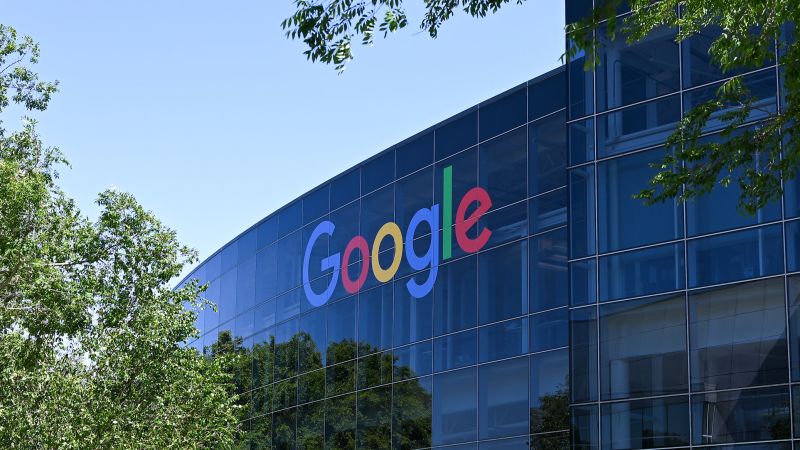Google has agreed to pay Canadian publishers for their news content, backing down from a high-stakes threat to block all news content produced in the country on its platforms after the tech giant and the Canadian government announced a deal Wednesday to avert the looming crisis.
The agreement resolves tensions between Google and Canada over a controversial law known as C-18 requiring digital platforms to compensate news publishers for their work.
And it is the latest twist in a global debate over the role digital platforms play in facilitating — or stifling — news publishers, particularly small, independent outlets.
Under the announced deal with Google, details of which remain murky because the law’s final regulations have yet to be formally published, the search giant will pay $100 million CAD ($73.5 million US) a year into a fund that will be distributed to publishers. Google’s contributions will be indexed to inflation, the Canadian government said.
In addition, instead of negotiating with individual publishers over payment, Google “will have the option to work with a single collective to distribute its contribution to all interested eligible news businesses based on the number of full-time equivalent journalists engaged by those businesses,” said Canadian Heritage Minister Pascale St-Onge in a statement.
It was not immediately clear how the collective might function or be governed; a spokesperson for St-Onge didn’t immediately respond to a request for comment.
“We are pleased that the Government of Canada has committed to addressing our core issues with Bill C-18,” said Google President of Global Affairs Kent Walker in a statement, adding: “While we work with the government through the exemption process based on the regulations that will be published shortly, we will continue sending valuable traffic to Canadian publishers.”
The Canadian government has said final regulations on the implementation of C-18 will be rolled out by Dec. 19.
The Google agreement marks a departure from the path taken by Instagram-parent Meta, which opted to pull news content from its platforms in Canada in response to C-18. Meta announced its plans to block news for its Canadian users in June and began rolling out the change in August.
At around the time, Google had also threatened to “remove links to Canadian news from our Search, News and Discover products in Canada,” and warned that C-18 would “make it untenable for us to continue offering our Google News Showcase product in Canada.”
Unlike Meta, Google did not execute on that plan and negotiated with the Canadian government, resulting in Wednesday’s deal. Google’s financial contributions under the agreement are 41% lower than what Canadian officials previously said should be the monetary threshold for Google to qualify for an exemption from C-18.
Asked whether the Google agreement may change Meta’s stance on news in Canada, company spokesman Andy Stone told CNN: “Unlike search engines, we do not proactively pull news from the internet to place in our users’ feeds and we have long been clear that the only way we can reasonably comply with the Online News Act is by ending news availability for people in Canada.”
After Meta removed news content from its platforms in Canada, some smaller news publishers that depended on Meta for distribution reported difficulties reaching readers.
The option for Google to negotiate with a single collective helps address one of the tech giant’s main objections to the law. The deal also resolves Google’s complaint that C-18 would require it to pay publishers on the basis of individual links to news articles, the company told CNN, though it did not elaborate on the details of that provision.
The impact of the deal on other, similar legislative proposals worldwide is uncertain. But how the agreement with Google plays out could potentially shape the course of those policies.
Read the full article here




